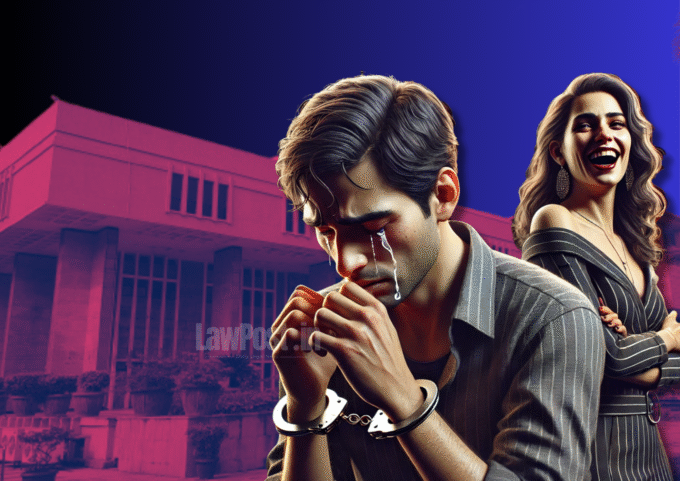The Delhi High Court is grappling with complex questions surrounding copyright and artificial intelligence (AI) as ANI Media Pvt Ltd challenges OpenAI over alleged unauthorized use of its content for training ChatGPT. The case, which could set a precedent for AI-driven content generation in India, saw Amicus Curiae Dr. Arul George Scaria argue that restricting access to copyrighted content may worsen misinformation.
“If I look at the technical literature in this area, the only way to address this information is by giving more access to more materials,” Dr. Scaria told the court, adding that limited data could lead to biases in AI models.
ANI has accused OpenAI of exploiting its original news content for commercial gain without authorization. The court is currently examining four key issues:
- Whether storing ANI’s copyrighted news data for AI training amounts to infringement.
- Whether ChatGPT’s use of ANI’s data to generate responses constitutes copyright violation.
- Whether OpenAI can claim fair use under Section 52 of the Copyright Act, 1957.
- Whether Indian courts have jurisdiction, given OpenAI’s servers are located in the U.S.
Justice Amit Bansal acknowledged the legal vacuum surrounding AI regulation, stating, “There is nothing, no sort of law, absolutely in respect of these kind of generative AIs.”
Dr. Scaria contended that AI training, even if commercial, should not automatically be deemed infringement, emphasizing that “the law in India does not make a distinction between machine and human learning.” He also urged the court to evaluate whether OpenAI’s opt-out system for copyright holders is sufficient.
Advocate Sidhant Kumar, representing ANI, pointed out that the news agency licenses its content to AI firms. The court, considering the financial implications, observed, “If they start paying license fees to everyone, then how does the business model survive?”
Amicus Advocate Adarsh Ramanujan, however, took a stricter stance, arguing that storing copyrighted material itself constitutes infringement unless OpenAI proves fair use. “An act of infringement stands completed when they copy, unless they show that it comes under fair use,” he asserted.
The case is set for further hearings on March 10, as the court continues to navigate the evolving legal landscape of AI and copyright.
Case: ANI Media Pvt Ltd vs Open AI Inc & Anr – Available on LAWFYI.IO








